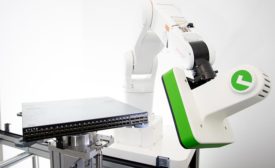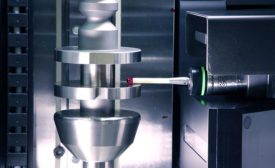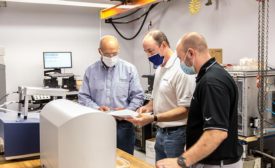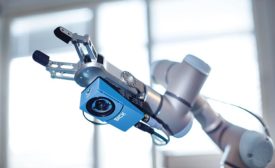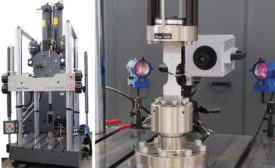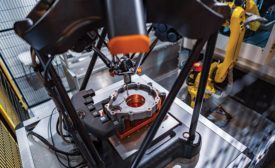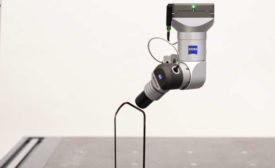Automotive
2D Optical Measurement For 100% Component Inspection
Finding a system to handle 4,000 individual components a day.
January 12, 2021
Standardized Leak Testing for Lithium-Ion Battery Cells
It is Essential for Automakers.
January 6, 2021
A Customizable Vision for the Quality Profession
The future of quality inspection is one that will see quality professionals working side-by-side with collaborative robots fitted with easily-swapped vision systems.
September 1, 2020
Destroying Materials is Critical to Saving Lives
Recent developments and improvements in testing equipment, sensors, and knowledge have led to a significant increase in high speed and high rate material testing efforts.
August 3, 2020
Automation: The Future of Manufacturing Is Here
Automation is especially useful in areas where manufacturers struggle to find enough skilled machinists to grow their business.
August 1, 2020
E-Mobility Inspection
With electric vehicles on the rise, so too are the inspection applications.
August 1, 2020
Stay in the know with Quality’s comprehensive coverage of
the manufacturing and metrology industries.
eNewsletter | Website | eMagazine
JOIN TODAY!Copyright ©2024. All Rights Reserved BNP Media.
Design, CMS, Hosting & Web Development :: ePublishing
